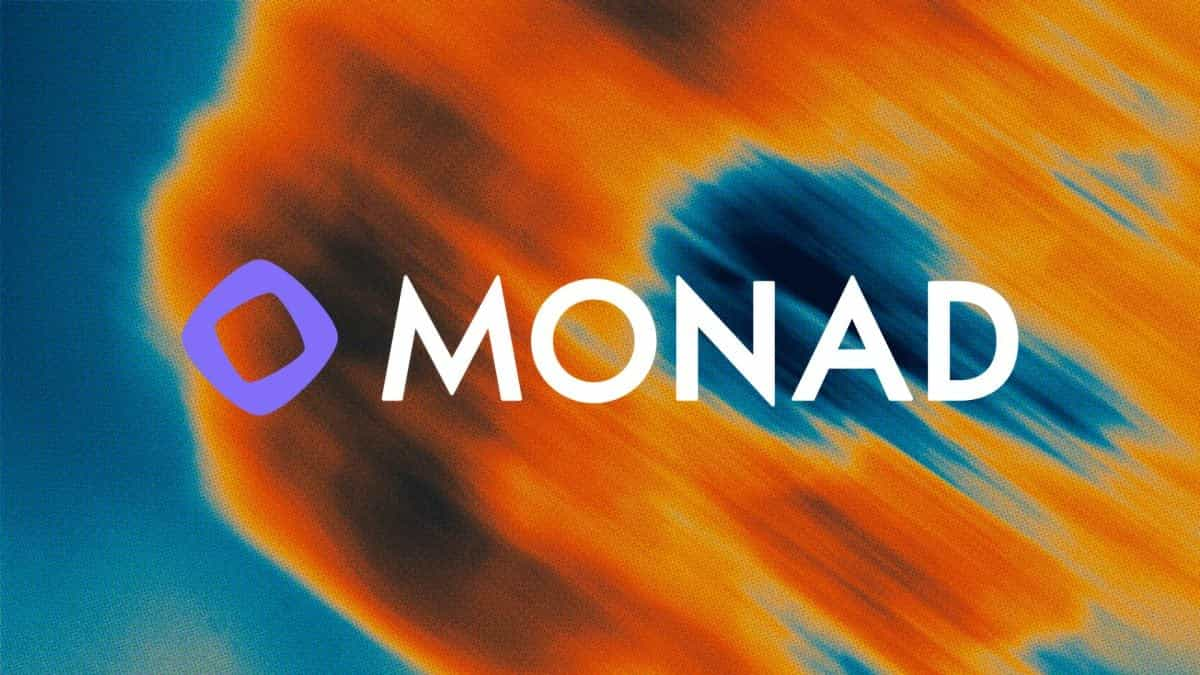
0x455...ffc3f6
0x000...001010

Polygon (POL) USD Price
pol Market stats
About Polygon
Polygon Price Data
Polygon (POL) currently has a price of $0.14 and is up 3.87% over the last 24 hours. The cryptocurrency is ranked 73 with a market cap of $1.4B. Over the last 24 hours, it saw $69.4M of trading volume. The token has a circulating supply of 10.5B tokens out of a total supply of 10.5B tokens.
Polygon is a cryptocurrency that operates on the Polygon network, providing a scalable and efficient platform for building and deploying decentralized applications and blockchain solutions. It aims to facilitate fast and low-cost transactions, enable interoperability between various blockchains, and enhance the accessibility and user experience of decentralized finance (DeFi) applications.
Unique features of Polygon:
Layer 2 scaling solution
Polygon distinguishes itself through its Layer 2 scaling solutions, which hope to tackle the scalability issues of the Ethereum network. The Ethereum network has become popular in the blockchain world but struggles with limited transaction processing capacity. Polygon's solution involves a sidechain called "Polygon PoS Chain" that operate alongside Ethereum's main chain. This sidechain utilizes a proof-of-stake consensus mechanism, which used to be different from Ethereum. By implementing Layer 2 scaling, Polygon enables faster and cheaper transactions, reducing fees and improving confirmation times for users. Moreover, Polygon supports the deployment of smart contracts, facilitating the development of decentralized applications.
Interoperability with Ethereum
Polygon offers seamless interaction with the Ethereum network, making it highly appealing to developers and users interested in decentralized applications on Ethereum. By serving as a Layer 2 scaling solution on top of Ethereum, Polygon enables faster and more cost-effective transactions, thanks to its interoperability with the Ethereum blockchain. This interoperability feature allows developers to effortlessly transfer their existing Ethereum dapps to Polygon, benefiting from improved transaction throughput and reduced fees. This transition eliminates the need to rebuild infrastructure, enabling applications to scale and reach a wider user base. Users can continue using their Ethereum wallet without the need for a separate one, ensuring smooth interaction with Polygon dapps. In addition to enhancing scalability and accessibility, Polygon's interoperability with Ethereum also enables cross-chain functionality. Users can easily transfer assets and value across different blockchains, including Ethereum, to cater to their specific requirements. This feature promotes liquidity across protocols and fosters a more inclusive and interconnected ecosystem, ultimately creating a flexible and efficient platform.
High transaction throughput
Polygon has a fast transaction throughput. Unlike Bitcoin and Ethereum, which face scalability challenges, Polygon offers a highly scalable and efficient blockchain network. To achieve scalability, Polygon utilizes sidechains that operate alongside the Ethereum mainnet. These sidechains enable faster transaction processing and can handle a significantly larger volume of transactions compared to the main Ethereum network. This enhanced transaction throughput makes Polygon an attractive choice for projects and users seeking fast and cost-effective transactions.
Low transaction fees
Polygon is a blockchain network that stands out for its low transaction fees. By offloading transaction load from the main blockchain, Polygon reduces congestion and lowers fees. The advantages of low transaction fees on Polygon are numerous. Users can easily transact small amounts of POL without worrying about substantial fees. This is especially beneficial for microtransactions or regular daily transactions that require affordability. Moreover, the low transaction fees make Polygon an attractive platform for developers and projects interested in building decentralized applications. By reducing transaction costs, Polygon opens doors for innovative dapps that rely on frequent, low-value transactions.
Robust developer ecosystem
Polygon's developer ecosystem is well regarded for its strong support and resources for developers who are building decentralized applications on the Polygon blockchain. This ecosystem offers a wide range of tools, documentation, and resources that make it easy for developers to develop, test, and deploy their projects. One of the key benefits of the developer ecosystem is the availability of various software development kits (SDKs) and APIs. These tools streamline the integration of dapps with the Polygon blockchain, allowing developers to focus on building the core functionalities of their applications without having to deal with the complexities of blockchain technology.
When was Polygon created or founded?
Polygon was created in 2017 and was initially known as Matic Network. The founders of Polygon are Jaynti Kanani, Sandeep Nailwal, Mihailo Bjelic and Anurag Arjun. They recognized the limitations and scalability issues faced by existing blockchain platforms and set out to develop a solution. The team aimed to provide a platform that would enable faster and cheaper transactions while promoting interoperability between different blockchains. The founders believed that by improving the scalability and usability of blockchain technology, they could enhance the adoption of decentralized applications and bring blockchain technology to mainstream users.
Disclaimer: The “About” content was generated with the use of AI. For feedback and sponsorship enquiries, email [email protected].
© 2025 The Block. All Rights Reserved. This article is provided for informational purposes only. It is not offered or intended to be used as legal, tax, investment, financial, or other advice.










